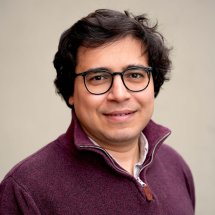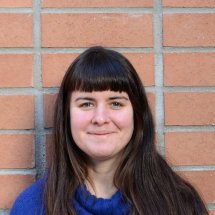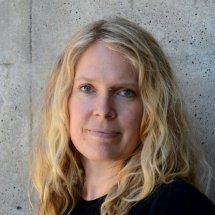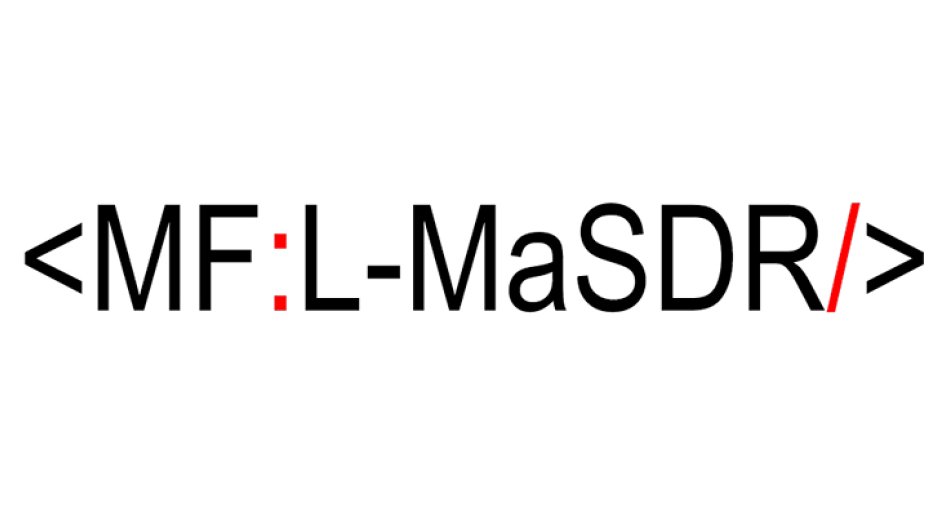
About MF L-MaSDR
MF Lab for Manuscript Studies and Digital Research.
Partners
- Panarion Centre for Patristic Heritage
Located in the heart of Norway’s vibrant capital city of Oslo, the MF Lab for Manuscript Studies and Digital Research (MF L-MaSDR) is a research lab that aims to provide cutting-edge tools of digital humanities and training to support the study of ancient manuscripts. The project develops digital and computational solutions for various aspects of manuscript studies.
L-MaSDR is led by a team of experts in the field of manuscripts and digital humanities. Dr. Mina Monier, the director, will be working in liaison with an advisory board, consisting of distinguished scholars in the field of manuscript studies: Professors Liv Ingeborg Lied, Brent Nongbri, and Matthew Phillip Monger.
What we do
Our research activities include, but are not limited to, the central practices of digital humanities:
Encoding: L-MaSDR has a well-trained team in manuscript transcriptions and enconding. We have the skills of reading ancient languages and then encoding them according to the principles P5 of the guidelines of the Textual Encoding Initiative (TEI/XML). By following this practice, manuscript data in the transcribed texts will be quantified, extracted, and analysed, using different processing methods and platforms.
Metadata Processing: metadata of manuscripts and other artefacts are produced according to standardised systems such as Dublin Core, which will enable the project to provide its entries as an inter-operable set that can be analysed and harvested by other multidisciplinary projects.
Creation and Curation of Database: Based on the markup data of the first two stages, create an online Virtual Research Environment (VRE), including database of the metadata of a set of manuscripts from various regions and periods of the world. The database will be accessible online and searchable by different criteria.
Visualisation: We can provide integration of manuscript viewers like Mirador, and HTML transcription that follows the layout and style of the original manuscripts, overcoming paratextual and multilingual barriers, and embracing New Philology. Database can also be visualised using tools like the Geographic Information System (GIS), that will allow users to visualise the locations of the manuscripts on a map, and to explore the spatial and temporal patterns and relationships among them. This will enhance the understanding of the cultural and historical contexts of the manuscripts, and their transmission and influence across the globe.
MF L-MaSDR provides Data Management Planning (DMP) in compliance with the highest standards of the field. This includes:
- The use of Compliant repositories that adhere to the EU’s standards by making research data Findable, Accessible, Interoperable and Re-usable (FAIR).
- Using persistent links, such as Digital Object Identifiers (DOI).
- It also adheres to the ethical principles and guidelines of Horizon Europe. This is illustrated in the following points:
- MF L-MaSDR will obtain the informed consent of the owners or custodians of the manuscripts, such as libraries, museums, archives, or private collectors, before accessing, digitizing, or analysing the manuscripts. The consent form will explain the purpose, scope, and duration of the project, the rights and responsibilities of the parties involved, the potential benefits and risks of the project, and the measures taken to protect the privacy and security of the data.
- MF L-MaSDR respects the rights and interests of the owners or custodians of the manuscripts, such as the intellectual property rights, the cultural heritage rights, and the moral rights. The project will acknowledge the sources and provenance of the manuscripts, and will not alter, damage, or misrepresent the manuscripts. The project will also comply with any restrictions or conditions imposed by the owners or custodians of the manuscripts, such as the access, use, or dissemination of the data.
- MF L-MaSDR ensures the fairness and transparency of the data processing, and will avoid any harm or discrimination. The project will use appropriate methods and tools to collect, generate, store, process, analyse, and visualize the data, and will document and justify the choices and assumptions made. The project will also provide the opportunity for the owners or custodians of the manuscripts, and other relevant stakeholders, to review and comment on the data and the results, and to raise any concerns or complaints.
- MF L-MaSDR promotes the social and scientific value of the data and will contribute to the advancement of knowledge and the public good. The project will make the data openly available and reusable, as far as possible, and will encourage the sharing and collaboration among researchers and other users. The project will also disseminate the findings and outcomes of the project to the academic community and the wider society and will highlight the significance and implications of the research.
If you are interested in joining or collaborating with MF L-MaSDR, please contact us. We look forward to hearing from you!
People
Director:
Lab Team Members:
Advisory Board:
Research Associates:
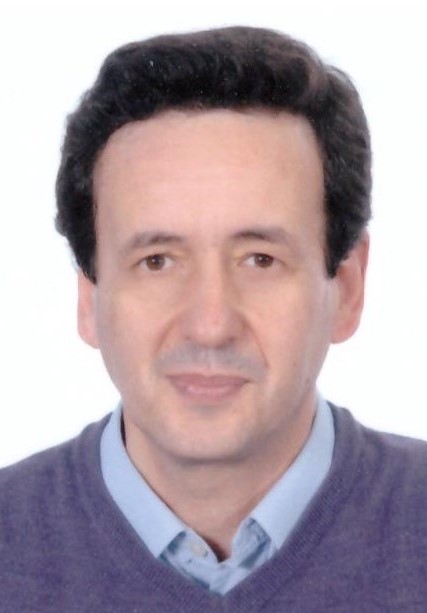
Athanasios Antonopoulos
the National and Kapodistrian University of Athens
Athanasios Antonopoulos is an Assistant Professor at the National and Kapodistrian University of Athens. He is currently the coordinator and director of research programmes at the Manuscripts’ Digital Research and Study Laboratory which is one of the MF L-MaSDR's distinguished partners.
Dan is currently a British Academy Visiting Fellow at the University of Cambridge in the Faculty of Divinity, and a Honorary Research Associate at Peterhouse, Cambridge, August 2023-January 2024.
Dan Batovici is a research associate in the Research Unit of Biblical Studies of the Faculty of Theology and Religious Studies at KU Leuven, where he earned his Ph.D. in 2015. Before arriving in Leuven, he studied Classical Philology in Bucharest (B.A.), and Theology and Religious Studies in Cambridge (M.Phil.) and St Andrews (M.Phil.). For the first six months of 2022, Dan was Visiting Scholar at Wolfson College, Oxford, for which he was awarded a long-stay abroad grant from the FWO (Research Foundation – Flanders).
Dan currently works on the reception of the so-called Apostolic Fathers in their ancient translations: the AnTrAF Project, for which he was awarded in 2020 a three-year Project Grant from Fritz-Thyssen Stiftung based at KU Leuven (2021-2024) to work on the Syriac and Coptic reception of the corpus and a one-year postdoctoral grant (Mandat FRS Chargé de Recherche) from UCLouvain to work on its Armenian reception (2020-2021).
He collaborates with David Downs (Oxford) on the digital project 1Clement.VMR, hosted on-line in the New Testament Virtual Manuscript Room of INTF Münster, which aims to produce digital transcriptions for all manuscript witnesses of 1 Clement, composed in Greek (as all so-called Apostolic Fathers) but is also preserved in Syriac, Coptic, and Latin.

